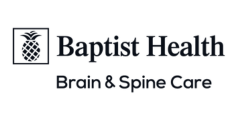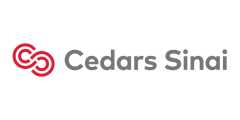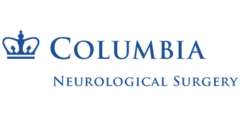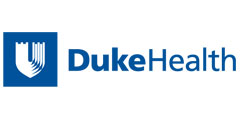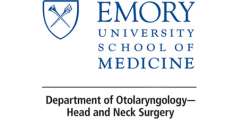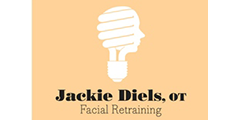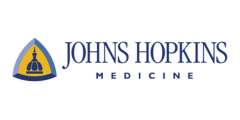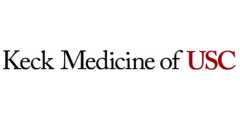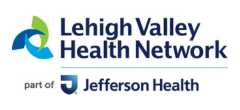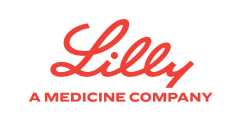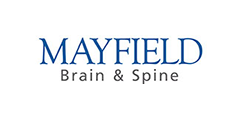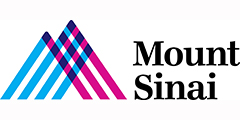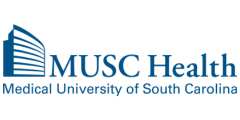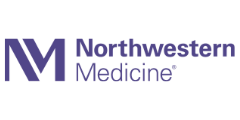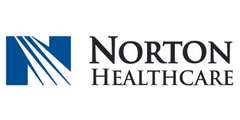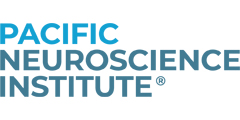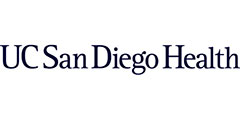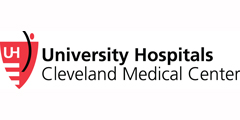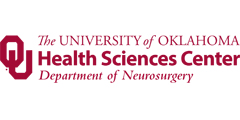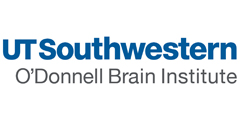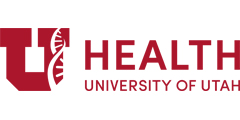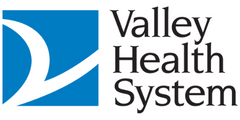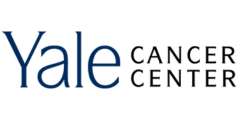We’re excited to introduce our #SharingIsCaring campaign and you can be a part of it! We’re sharing acoustic neuroma stories all day long to offer support to the AN community and to #spreadtheword to those who haven’t heard of acoustic neuroma! Thanks to our ANAmbassadors for sharing their stories with us. Here’s how YOU can get involved:
LIKE and SHARE our posts on Facebook, Instagram and Twitter. Or share this page full of AN stories on your own social media. Use the hashtags #SharingIsCaring and #GivingTuesday and make sure to include the link to our donations page www.anausa.org/donate whenever you post.
Create a Facebook Fundraiser and tell YOUR story! Facebook is matching all donations up to $7 million. Get your fundraiser set up and tell your friends to donate early. The match starts at 8 am ET (5 am PT!!) on December 3rd. #DoubleYourDonation
#Donate! Help the ANA continue its mission, offering programs and resources to everyone affected by acoustic neuroma. Donate on #GivingTuesday. No amount is too small!
Click photos to read more.
Note: In no case does ANA endorse any commercial product, physician, surgeon, medical procedure, medical institution or its staff.



